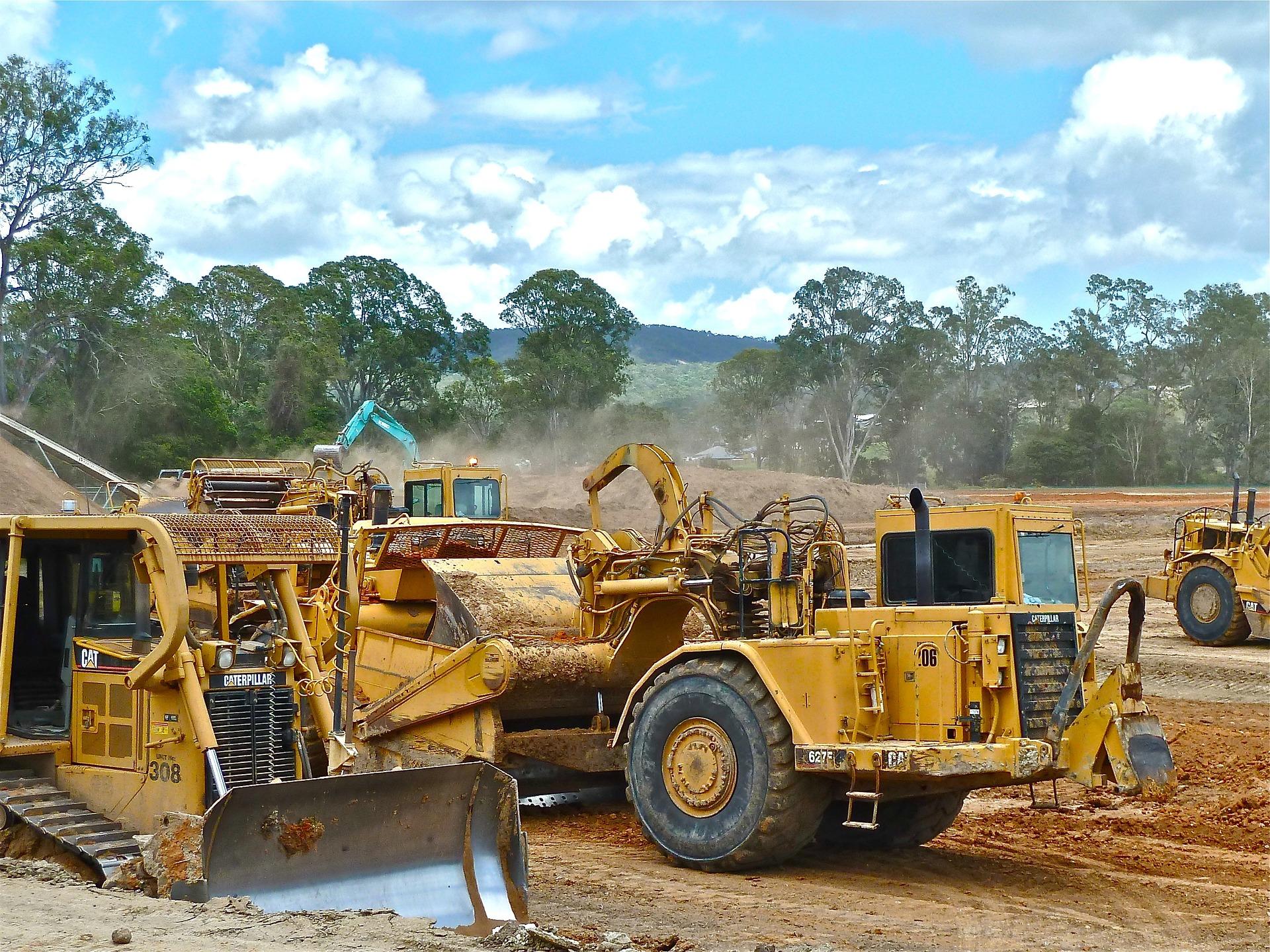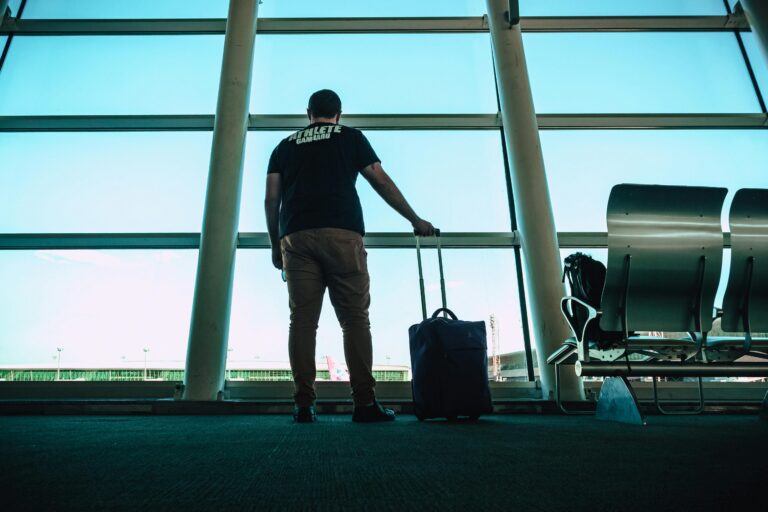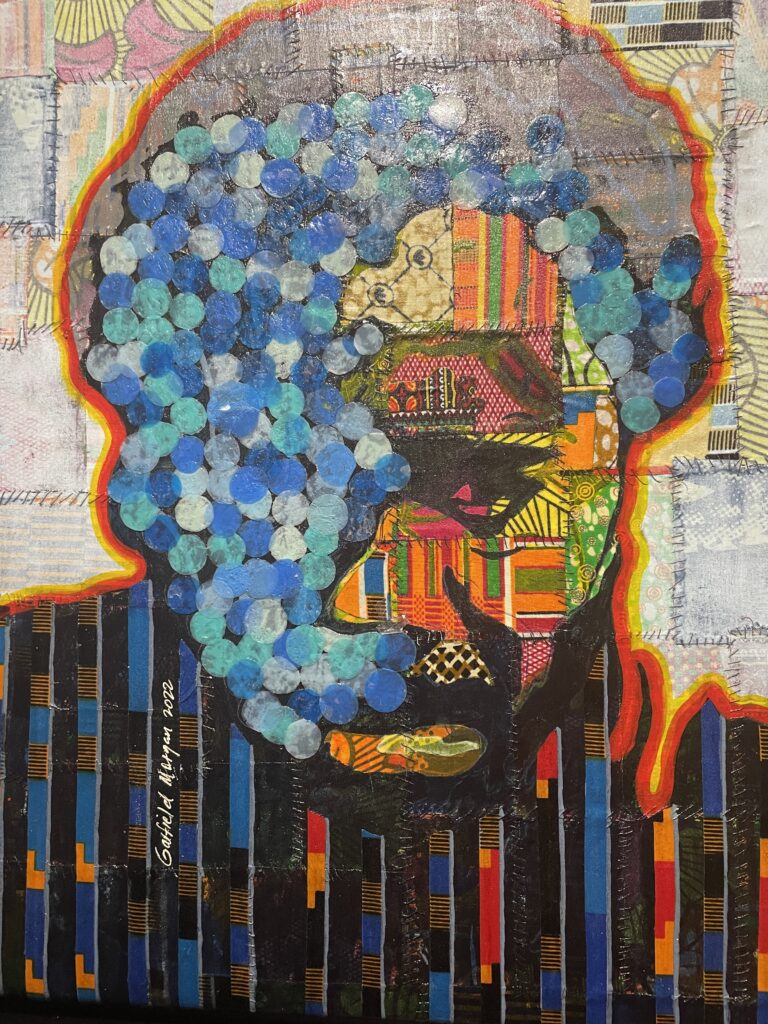Security forces to be stationed at major infrastructure projects

The Jamaica Constabulary Force (JCF) and Major Organised Crime and Anti-Corruption Agency (MOCA) have been tasked with establishing special security operations around key infrastructure projects. Prime Minister, the Most Hon. Andrew Holness, in his contribution to the 2023/24 Budget Debate in the House of Representatives, on Thursday (March 16), said the aim is to ensure that major projects which will be undertaken are not hijacked by criminals seeking to illicitly benefit from public resources through extortion or holding up work schedules.
In a release, Holness said elements of this undertaking and the resulting impact on crime have been seen along the Southern Coastal Highway Improvement Project, particularly in the Bull Bay area. He added that with the social and public health challenge, crime and violence is now a systemic threat to the proper functioning of the state to enforce its laws, deliver justice, protect its borders, and secure its revenues. “When criminals routinely seek to kill or intimidate witnesses, they weaken the ability of the justice system to convict them… . When criminals deliberately seek to befriend and enlist the protection of police officers and public officials, they compromise the ability of the State to effectively enforce its laws…. When criminals seek to infiltrate our ports and airports, they compromise the ability of the government to control our borders. When criminal gangs seek to extort public works, this is a direct and brazen attempt to use State resources to advance criminal enterprises”, Holness said.
The prime minister maintained that the prevalence of criminal gangs organising violence against citizens and the state, in furtherance of their criminal enterprises, cannot be taken lightly and added that organised violence by gangs amounts to criminal terrorism.
Meanwhile, Holness said the verdict in the recent anti-gang trial is a victory for Jamaica. “I want to commend the JCF and their investigators, and the Director of Public Prosecutions (DPP) and their prosecutors, who have put together the case; and I believe special mention must be made of the two main witnesses who made great personal sacrifices”. He added, “It is in this context that we have used limited and localised states of public emergency, to slow the build-up of gang terrorism and its devastating impact on communities and the undermining effect it has on the state.
Every year, the security forces interrupt at least 300 planned murders through its intelligence capabilities. “The problem, however, is far greater than the resources and institutions that we have. But the bigger problem is the lack of political consensus around how to deal with it”, Holness argued. “The SOEs, combined with our intelligence operations and the gang cases we continue to put before the courts, have helped to suppress the murder rate. However, the root cause, organised violence from gangs, is always trying to push the murder rate up. It is a continuous struggle. But we are building the capacity to overcome the gangs in a sustainable way,” he said.






